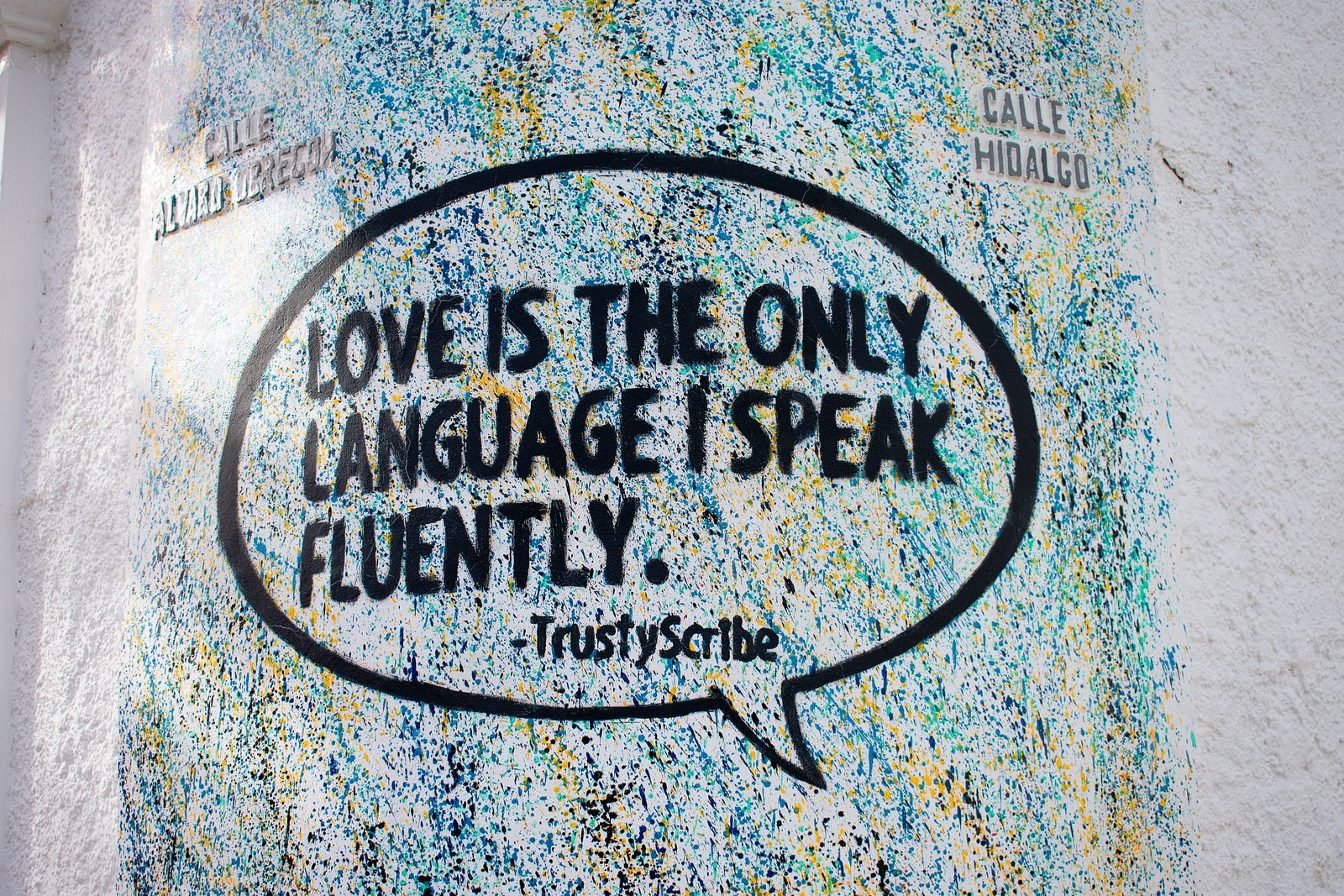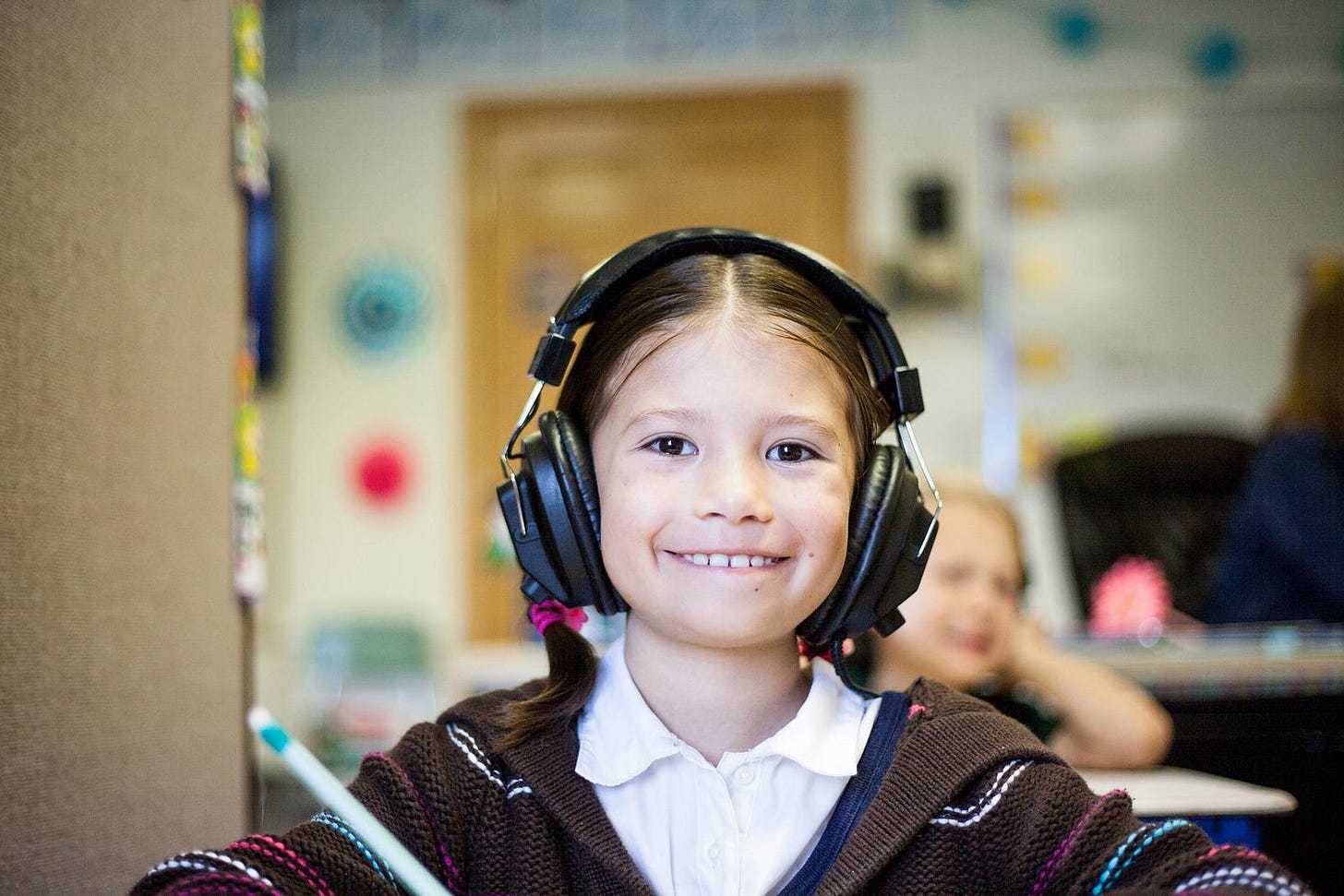
We all use them — languages. Maybe just one. Maybe several. It is difficult to function in a world of communication without at least one language — and as the world becomes smaller all the time, we want to be able to talk to each other across the boundaries; so we learn more languages.
Learning
Most school children will learn something about their native language that they wouldn’t know otherwise — something that expands their understanding of the presumed correct use of the language and lifts them to a capability of working with their language at a higher level.
Some children will learn additional languages at school, to enable them to fill out a more advanced role in business or other aspects of life, or to work specifically with languages as their profession.
But many people learn languages out of immediate necessity: when they move from one area to another, to study or work there, or perhaps to escape bad conditions where they grew up.
A new place often means a new language — words, of course, and their ways of being put together, but also what to talk about. People around the globe do not talk about the same things, so with a new language also comes the need to learn what actually to talk about.
Learning a language is popular — lots of people do it. But it is also considered difficult, and therefore, lots of other people have found a profession in teaching languages or selling books or website access of different kinds in order to help others learn.
So, something that we all do at least once in our life — learning a language — still ranges as a difficult thing to do. And is something that we can help each other to succeed with.

Using
Language is being used by everybody. Almost no matter the circumstances, whatever you do requires you to read, write, speak, listen to, or use some other ways of interchanging language — sign language, braille, whatever. It is all connected to using language.
Professional use
There are people working with language in a very direct way: as language teachers, for instance, as translators, or writers of any kind. I would say that speakers on TV and radio, as well as actors in all media, are also working with language — they are finding the right intonation, the best selection of words, the best combination of spoken words with gestures, facial expressions, etc.
Opera singers will often sing in a different language than they normally speak, and quite a lot of rock and pop singers, for instance, will fall back on English as the lingua franca for their trade.
A new group of employees has appeared in recent years working with making computers understand and react to human language — through chatbots like ChatGPT and Gemini.
When thinking carefully about it, almost every trade, every job, and every professional activity depend on some skills in at least one language, and very often you need more than one.
Everyday use
Even if you somehow manage to arrange your professional life without the need to use any language (difficult to imagine such a job), you will still run into the need for language skills in your general life.
Do you ever buy anything? Often you do not know what is in the package if you do not understand what is written on it (something I often see in the supermarket when people are trying to find out which bottles contain ordinary milk rather than yogurt, etc.).
Do you listen to music? Ever wondered what people were actually singing there? Maybe they sing in a language you understand, maybe not.
Have you ever travelled to a foreign country? Chances are that you had to be creative to make yourself understood if they didn’t speak your language there.

Why do we need to talk about language?
Since there are so many activities in the world that relate to people understanding what each other is saying or writing, and since so many of us spend a considerable amount of our lives trying to say and write things so that others will understand them, it does make sense to consider how we are doing it — what aspects are involved, why does it work well sometimes, but not always?
There are philosophical, political, emotional, historical, and all other kinds of topics involved.
Language is here to stay. “Language Is a Virus”, Laurie Anderson was singing. Language spreads and it sticks and it sometimes hurts.
It can be a great pleasure to speak or listen, to write or read. Or it can be the greatest pain. Language is both a weapon and the stuff that peace is made of; a disease and a cure; an all and a nothing.
People consist of 99% language. It is all over us.
If we shouldn’t talk about that…
Next step
I used the above text as an introduction to my publication at Medium called Language Talk, and I find that it fits here as well, in the section of A Rich Life given the same name.
Language is such a life-defining thing.
Being a non-native English-speaker makes me extra observant to how I use the English language, even though it has become almost a second native language for me during my life, having used it so much – possibly more than my original language, Danish.
I am a vivid language learner. I am not sure about the exact number, but I have studied many languages, currently brushing up French but with a line of other languages waiting for me to get to them, or to get back to them. Because, learning a foreign language is a life-long process. You never really get to a point where you just know it, all of it, and don’t need to learn more. There is always more to learn.
Your native language is a solid support in your life, at least if people around you speak that language. Often, you won’t even think about the details, but then, at times, someone tells you that “you can’t say this, it is not correct language…” — and you may start wondering how that can be if everybody you know say it this way?
And that’s an important feature of almost every language: it changes. And it is different for different users of it. What is normal use for some people, may sound unusual to other people, even if they, formally, all have that language as their native language.
So, we do not always speak the same language, even when we believe that we do so.
I think there is a lesson in that understanding: We shouldn’t try to guess what people mean to say, and we certainly shouldn’t rule out their thoughts completely because we “know” what they mean. Because, most likely, we don’t. Better to get into a dialogue, listen a lot, and then get to a better understanding.
We all have much more in our heads than comes out of the mouth or the fingers, more than we say or write. Anything expressed will just be a brief approximation of a form that seems to fit the time-slot and the audience, and what we have the time and the skills to put together in that form.
So, you can rest assure that there is always more. And people are not always completely clear about what they mean. When you don’t need to have an opinion about something, you may not have one — it is then shaped when you need it, when you want to express your thoughts, they often begin looking like opinions.
Even if they were not meant to be, they will be heard as such. And suddenly, you have expressed an opinion that you didn’t even know that you had.
The use of certain phrases and words will often drag you, in your audience’s perception, into one or the other direction. But you may use these words without thinking too much about them, simply because they are used all the time by people around you. They seem like normal words to use, so, you also do it.
But that may stamp you as belonging to some political or religious direction, or as being stupid, uneducated, unknowing — which is not necessarily a correct way of describing your thoughts.
Learning a foreign language often puts such misunderstandings on the edge, because, when having a limited vocabulary and perhaps not understanding all aspects of the grammar, you will often misunderstand others, and they will misunderstand you. It becomes a clear and visible part of life for a language learner, and there shouldn’t be a long way for the mind to travel in order to understand that these misunderstandings probably also appear when native speakers talk to each others.
That definitely explains a lot of the disagreement you see around you.
Studying languages means becoming more aware of the distance between thought and expression.
A distance that is always there for anyone expressing anything, ever.


